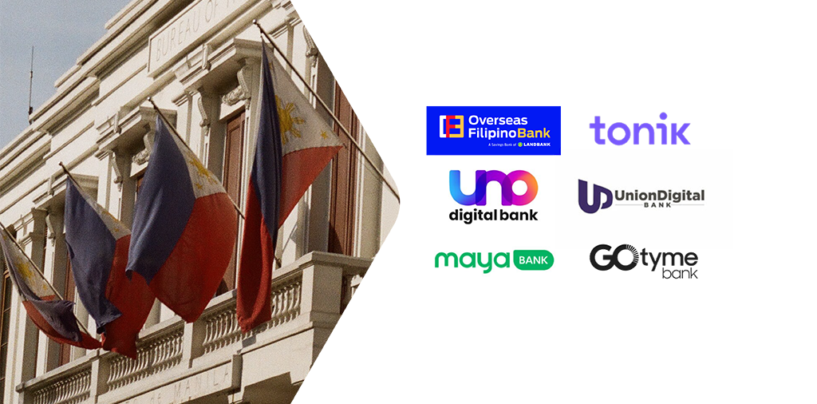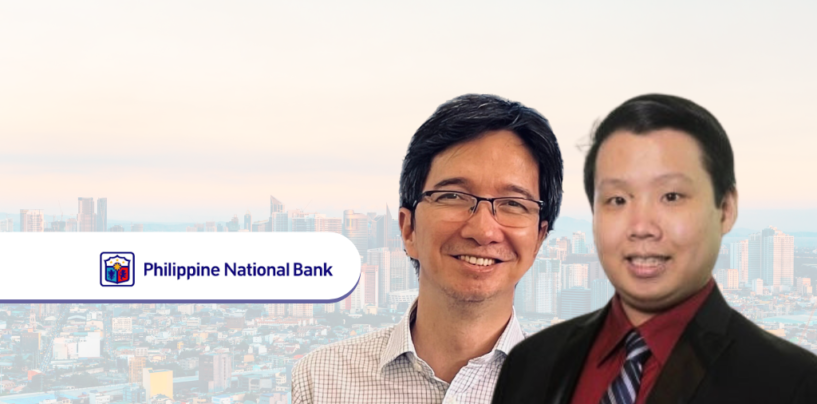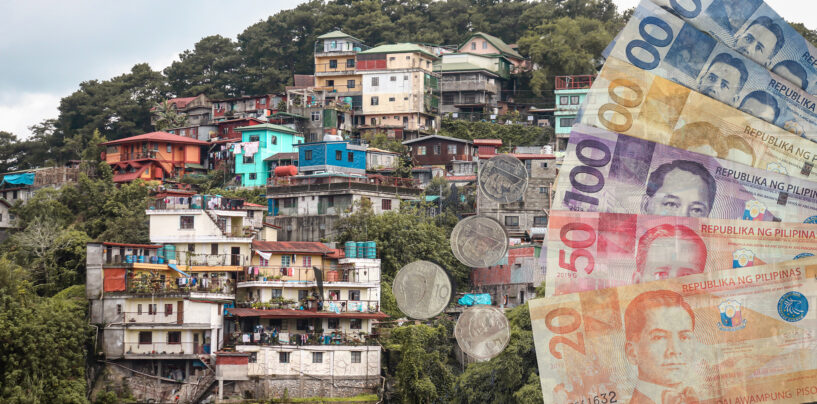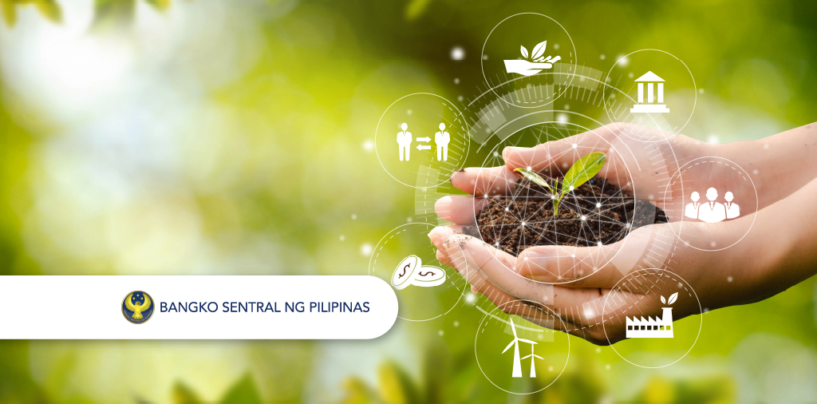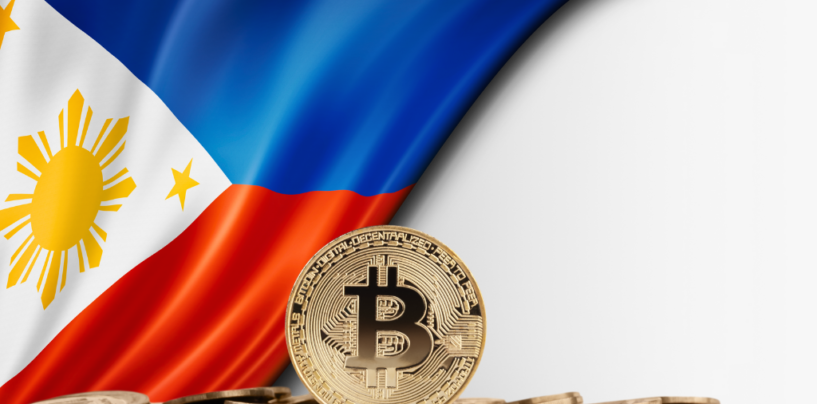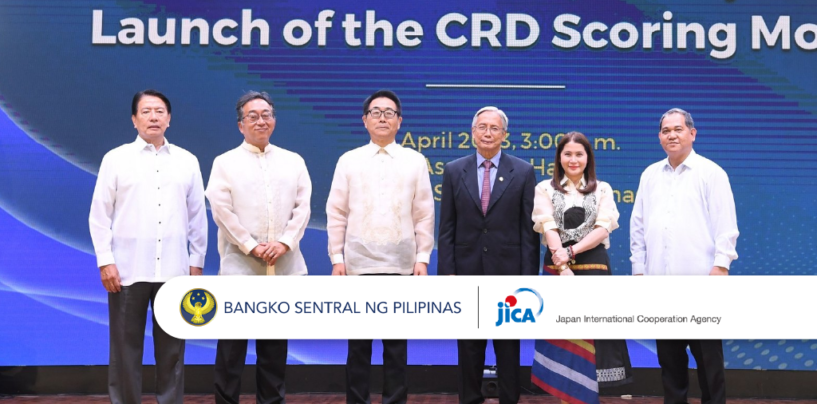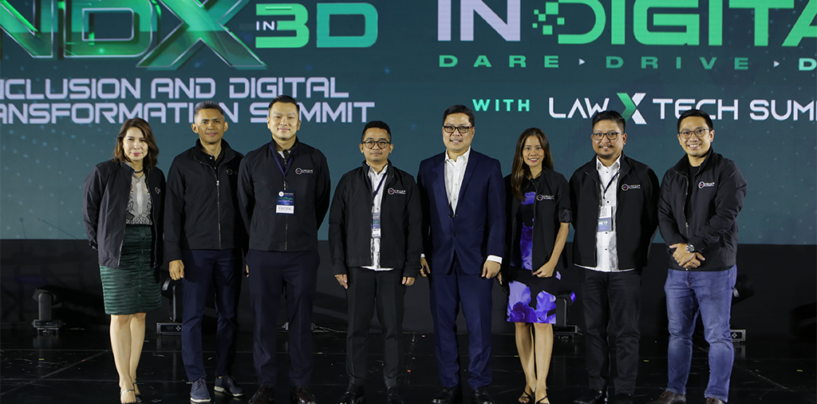
Posts From Rebecca Oi
INDX3.0 Puts Spotlight on Financial Inclusion for Equitable Growth in the Philippines
Financial inclusion has increasingly gained recognition as a pivotal driver of economic development, fostering empowerment and equitable national growth. It goes beyond the mere accessibility of financial products; genuine financial inclusion necessitates the thoughtful design, seamless accessibility, and tailored responsiveness
Read MoreSecurity Bank Invests 12.3% Revenue on Tech — Here’s How They Prioritise It
The digital age has ushered in a new era of banking efficiency, enabling financial institutions to connect with even the most remote segments of society. Faced with the challenges of modern technology and the demands of discerning customers, banks now
Read MoreHow 6 Licensed Digital Banks in the Philippines Have Progressed
In the dynamic landscape of the Philippine fintech sector, 2023 has emerged as a pivotal year, signifying the nation’s determined stride toward enhanced financial inclusion and digital transformation. Digital banking in the Philippines is progressively making its mark, with significant
Read MoreBehind PNB’s Digital Strategy Which Onboarded Over 300% New Users
In the ever-evolving banking and finance landscape, the digital revolution has emerged as a driving force, revolutionising how financial services are delivered and consumed. With a focus on enhancing customer satisfaction, Philippine National Bank (PNB) began a strategic effort in
Read MoreFinancial Inclusion in the Philippines: The Synergy of Fintech and Rural Banks
In the Philippines, financial inclusion remains a pressing issue, particularly in rural areas where access to financial services is limited. This lack of access can perpetuate a cycle of poverty that is difficult to overcome. The traditional rural banking sector
Read MoreA Look at BSP’s Integrated Strategy To Boost Sustainable Finance
The Bangko Sentral ng Pilipinas (BSP) has embraced the responsibility of championing sustainability in the Philippine financial system. As a central bank, the BSP recognises the urgent need to address climate change and other environmental risks to safeguard price stability,
Read MoreUnderstanding Cryptocurrency Regulations in the Philippines
The Philippines has become a hotbed for cryptocurrency adoption due to its tech-savvy population and growing internet penetration. In recent years, cryptocurrencies have grown significantly, with more people using digital currencies for various purposes, including remittances, investments, and online transactions.
Read MorePhilippines, Japan Launch Credit Risk Model for SMEs’ Creditworthiness
The Bangko Sentral ng Pilipinas (BSP) and the Japan International Cooperation Agency (JICA) have teamed up to launch the Credit Risk Database (CRD) Scoring Model, aimed at improving the creditworthiness assessment of small and medium-sized enterprises (SMEs) in the Philippines.
Read MoreInsurtech in the Philippines: Could It Be The Answer To Agricultural Woes?
Agriculture is the primary source of livelihood for rural Filipino families and is considered the backbone of the Philippine economy. According to the latest Census of Agriculture of the Philippine Statistics Authority (PSA), the Philippines has 5.56 million farms/holdings covering 7.19 million
Read MoreThe Philippines Has a Pressing Tech Talent Shortage: Report Shows
According to the latest report from Gobi-Core, the Philippines’ tech ecosystem continues to be one of the most resilient in Southeast Asia. However, despite this impressive growth, the Philippines still faces a significant challenge: a need for more tech talent. The burgeoning
Read More




